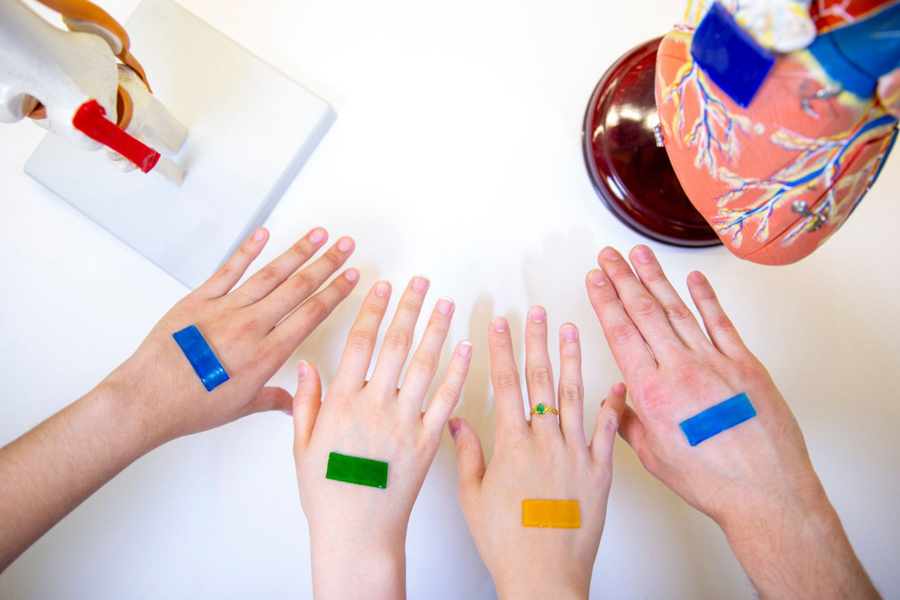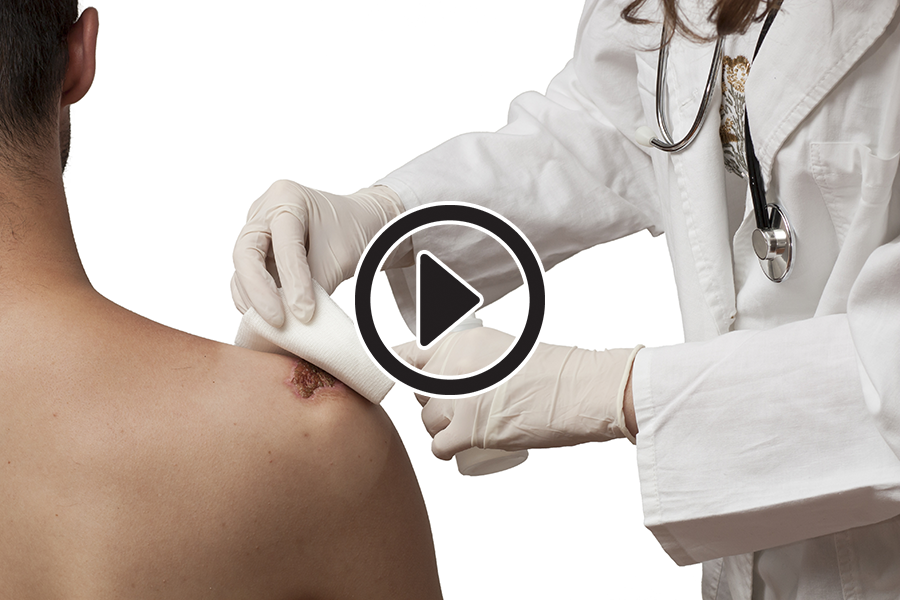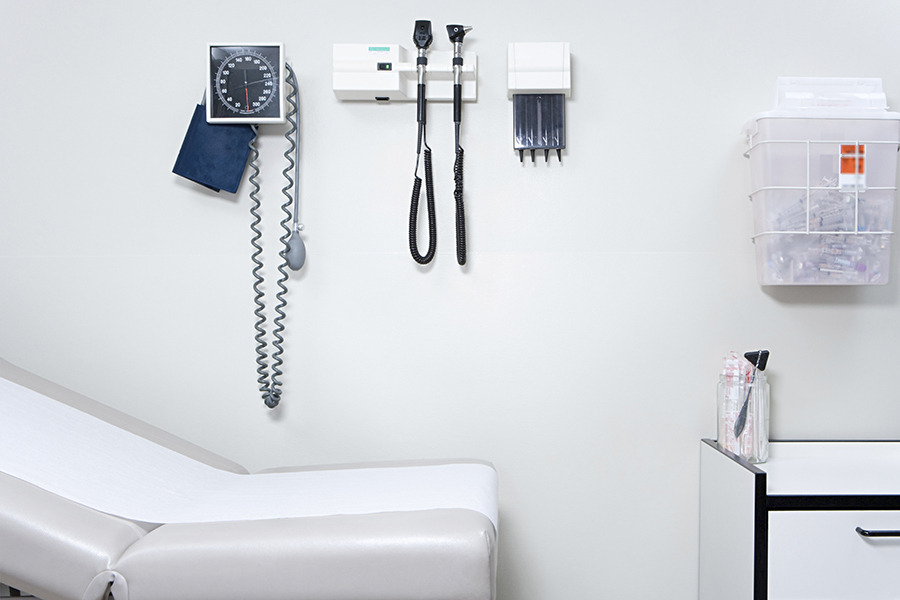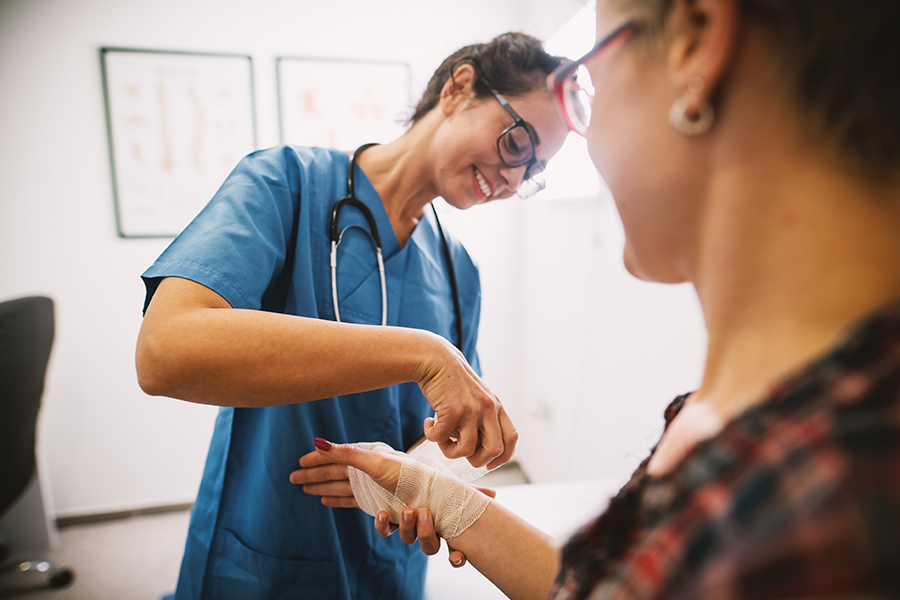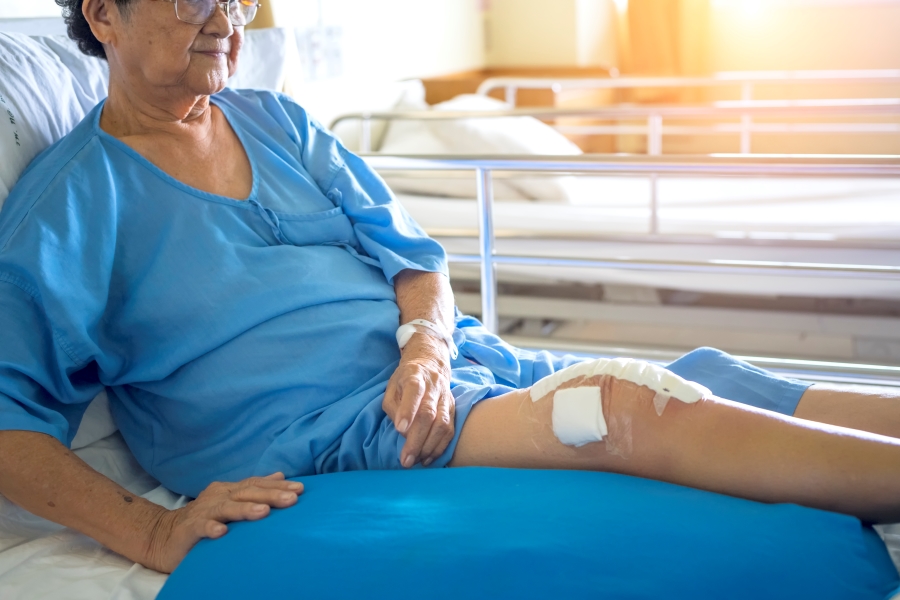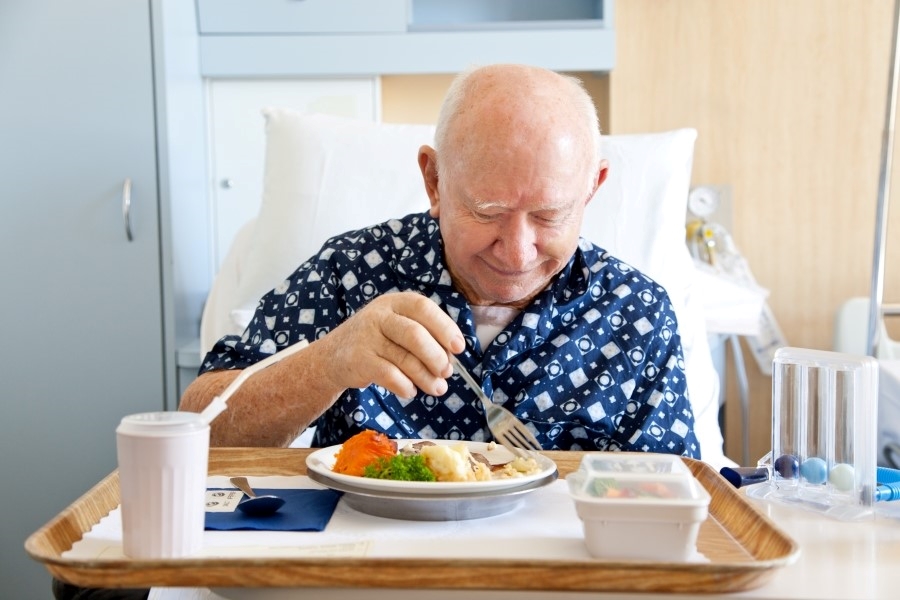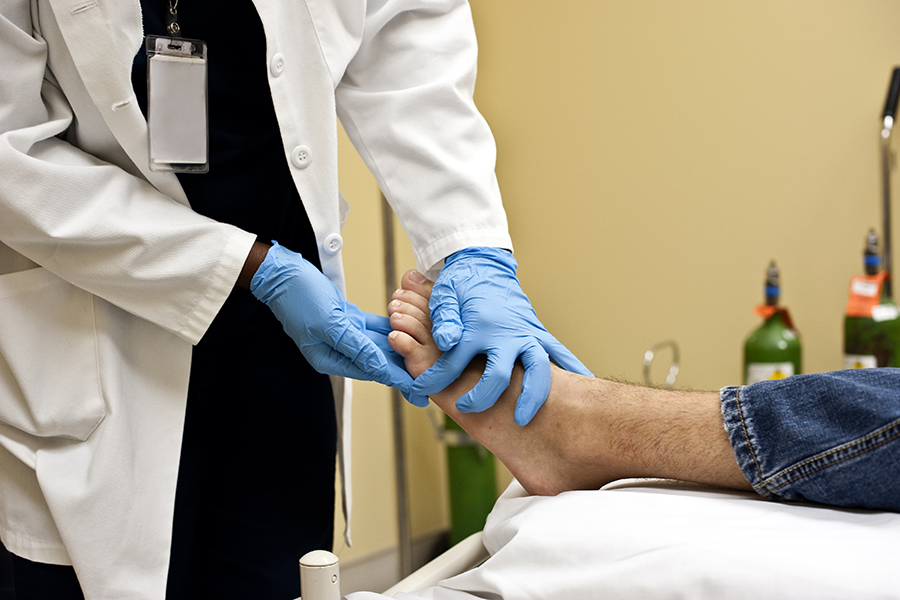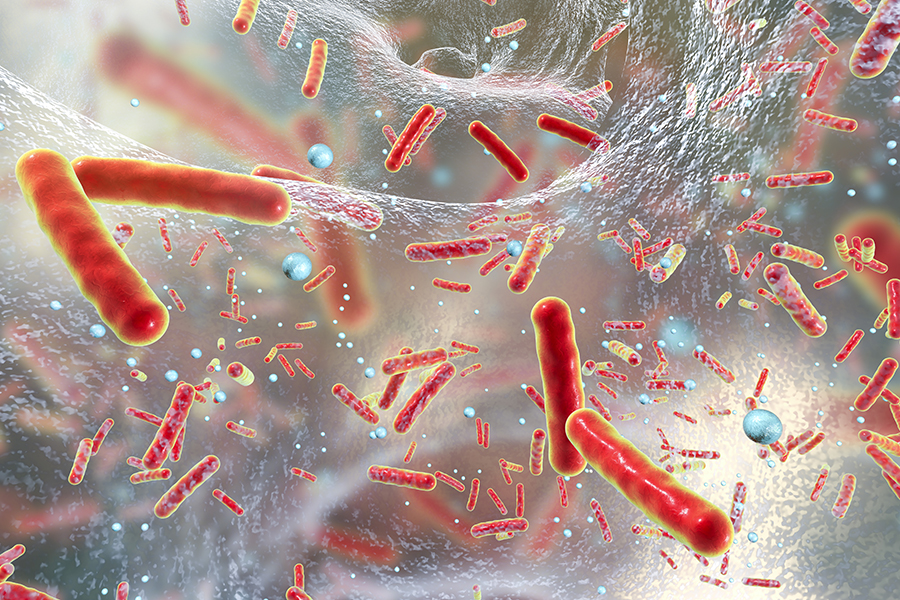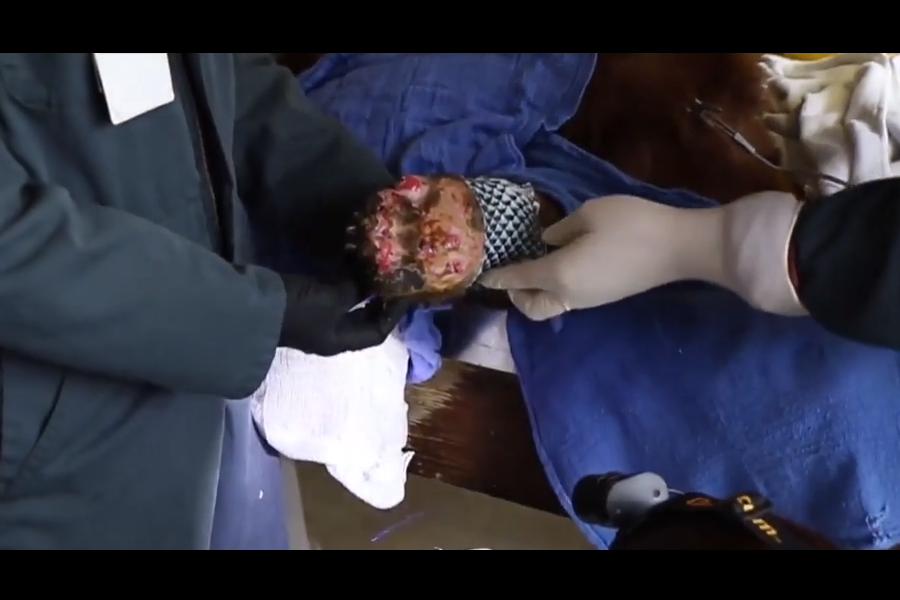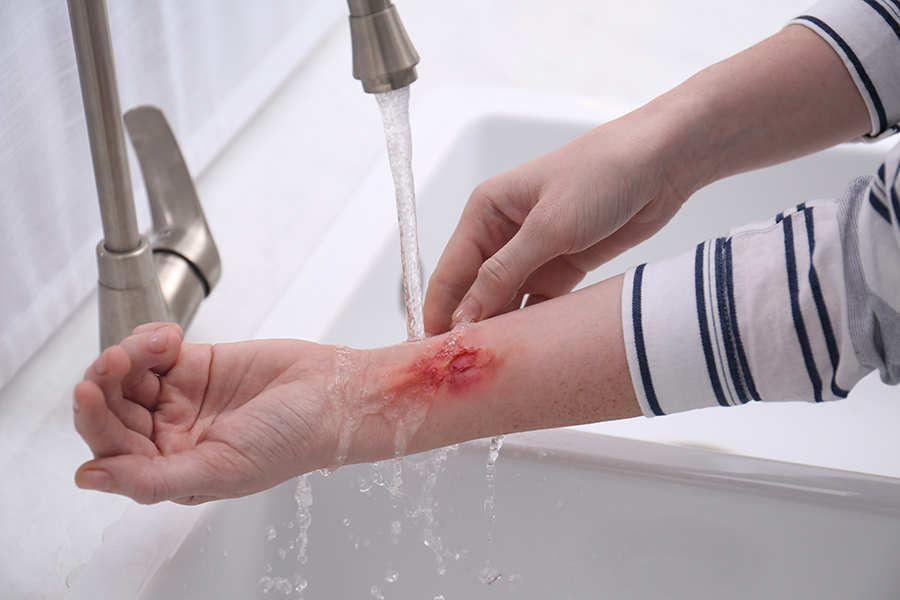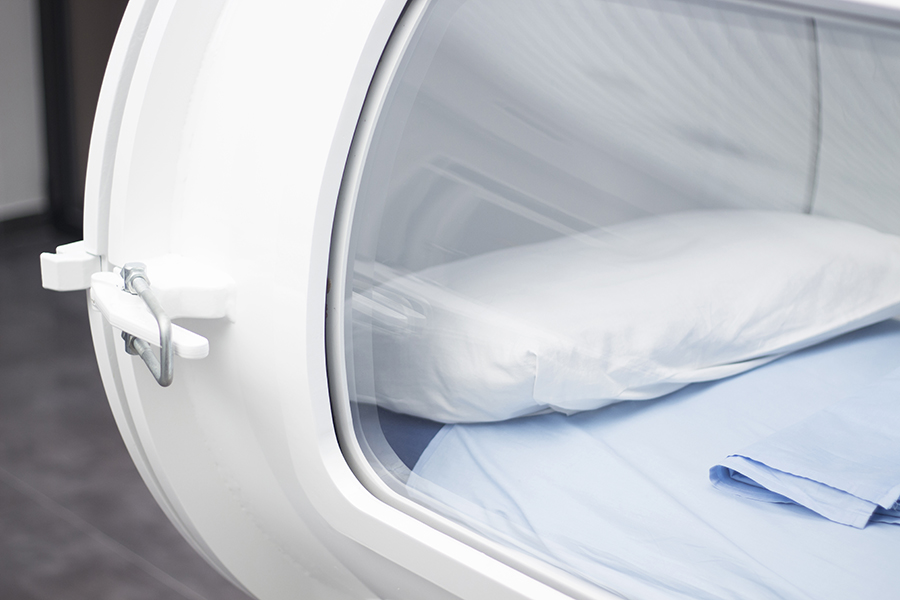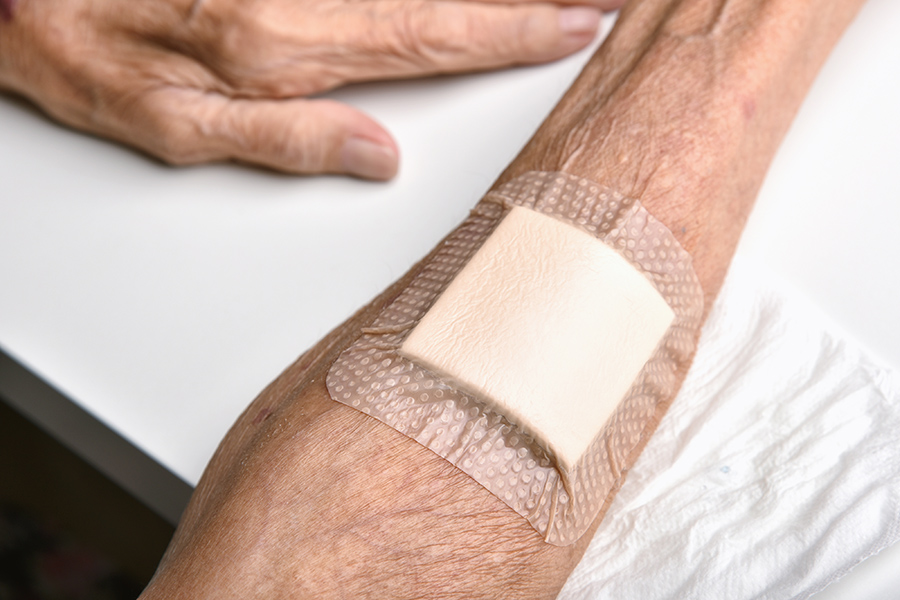Wound Care Nutrition Guide
Optimal nutrition status is paramount to wound prevention and helps to facilitate wound healing. Your patients are at increased risk for pressure ulcers if they are malnourished or underweight. And wounds don’t heal properly without adequate nutrition.
The following guide is adapted from the American Society for Parenteral and Enteral Nutrition. Consult with a registered dietitian for recommendations tailored to individual patients.
For full resolution, please click on the guide below:
Keep in mind that:
- Calorie, protein and fluid needs depend on multiple factors, including age, weight, gender, comorbidities, wound stage and nutrition status.
- Fluid needs may be increased with the use of air-fluidized beds and negative pressure wound therapy.
- High doses of vitamin C may cause gastrointestinal upset
- Chronic high-dose zinc supplementation impairs the absorption of other nutrients and may adversely affect wound healing and immune function.
This article is is tended for educational use only and does not replace the advice of a medical professional. If you have any questions or concerns regarding your nutritional needs, contact your healthcare provider.










